Innovation in advanced and digital technologies is transforming manufacturing business models, processes and services
What is manufacturing innovation?
Innovation has many definitions. New products, process and business models that deliver commercial value and catalyse growth opportunities.
Manufacturing innovation promise to impact every aspect of the manufacturing businesses, from design, research and development, production, supply chain and logistics management through to sales, marketing and even end of life management. These innovations will create highly intelligent, information-driven factories and distributed business models that can respond rapidly to change and deliver entirely new customised smart products and services.

Industrial transformation
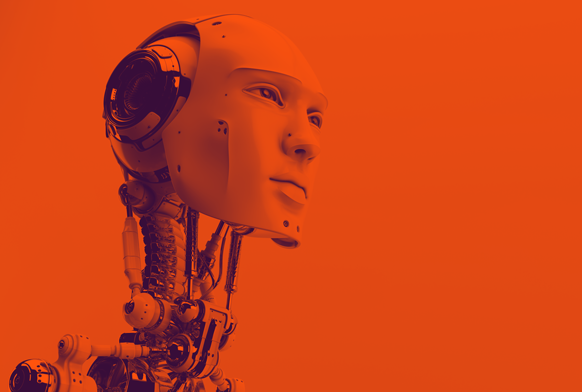
The future of manufacturing is digital. New technologies combined with innovative business models offer manufacturers various opportunities to enhance their value proposition, particularly small and medium sized enterprises (SMEs).
With that in mind, IMCRC as part of its Industrial Transformation Program designed futuremap®, a business diagnostic and education platform that focuses on digital and data driven manufacturing innovation, leadership development and accelerating the uptake of Industry 4.0.
Technologies
Technology and technology utilisation are the key drivers of manufacturing innovation and productivity enhancement, pushing the substantial and rapid transformation of business models and market structures.
By investing in research IMCRC provided innovative manufacturers with opportunities to adopt new technologies, advance processes and up-skill their workforce to enable high-value product development, improve their manufacturing operation and thus future-proof their business. The research focused on the following enabling advanced manufacturing technologies:
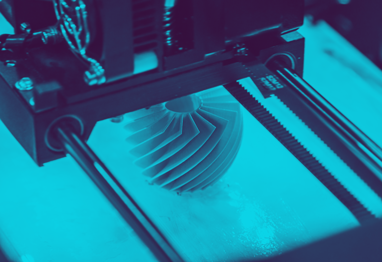
Additive manufacturing
Additive manufacturing, or 3D printing, helps businesses develop new products, shorten time to market, reduce waste and lower product cost.
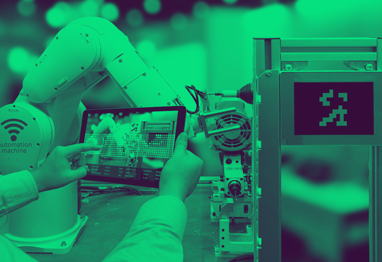
Automation and robotics
Assistive robots work collaboratively with humans and each other, improving sensing, awareness and decision-making capabilities and allowing autonomy and self-learning.

Advanced materials
Advanced materials are new or modified materials engineered to provide superior performance, including strength, weight and formability.

Sensors and data analytics
Sensors and data analytics have multiple applications for business, including predictive maintenance, logistical tracking for operational efficiencies, and quality control.
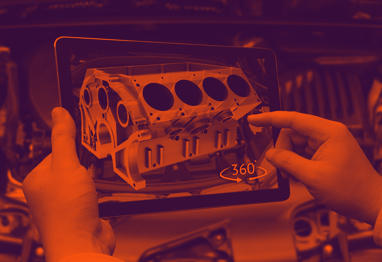
Augmented and virtual reality
The use of augmented and virtual reality helps businesses to test and optimise designs and machine settings, enable remote collaboration, and worker training.
